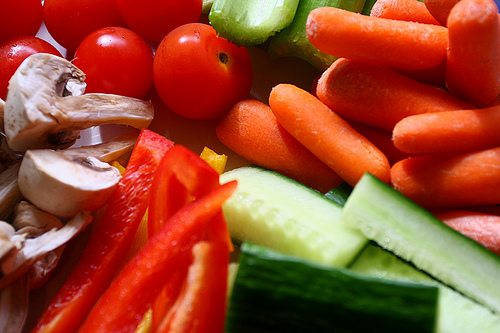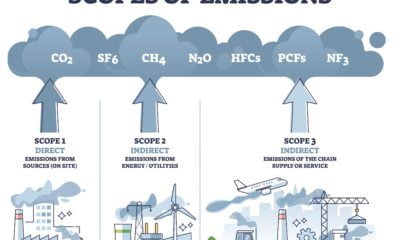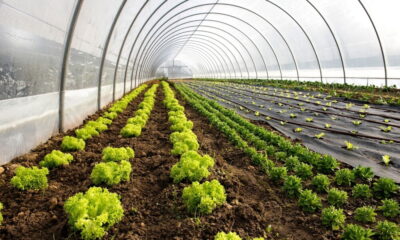

News
Study: food of the future needs to be sustainable and healthy
Current eating and consumption patterns across the world are harming both the planet and our health, causing deforestation, land degradation and biodiversity loss and putting pressure on health services, according to a new study by the Food Climate Research Network (FCNR).
The report, Changing What We Eat, states that changing our eating habits is crucial to improving public health and reducing the environmental footprint of food, which accounts for around 30% of greenhouse gas emissions.
Meat and dairy are particularly to blame, because they are environmentally intensive, accounting for around 15% of emissions. Meanwhile, their excessive consumption in the developed world is associated with a range of chronic diseases.
Lead author of the study, Dr Tara Garnett of the FCRN, said, “There have been important efforts to improve the sustainability of food production in recent years. But while these production-side measures are necessary, they are not by themselves sufficient.
“To address the multiple environmental, health and societal challenges we face we also need to adopt eating patterns that have lower environmental impacts, deliver broader societal benefits, and support good health.”
The report identifies some issues to be addressed, noting that food waste is still a major issue and that people should give priority to a diet rich in tubers, whole grains, legumes, fruits and vegetables, which are both healthier and more sustainable. Rising demand of animal products from emerging economies is also highlighted as problematic.
Garnett added, “Action for sustainable eating will always be a shared responsibility across industry, academics, civil society and consumers and there is a growing willingness by many to engage in this challenge. But there is an urgent need for political leadership to set the direction of travel and to provide support.
“We also need substantial government-backed investment in research to improve our understanding of how we can actually change patterns of consumption.”
Photo: Martin Cathrae via flickr
Further reading:
World needs to sustainably produce 70% more food by 2050
Feeding the world sustainably means investing in better solutions
Global obesity epidemic: report says 2.1bn now overweight or obese
Eat seven a day, not five: scientists call for increased fruit and veg intake


 Environment12 months ago
Environment12 months agoAre Polymer Banknotes: an Eco-Friendly Trend or a Groundswell?

 Features11 months ago
Features11 months agoEco-Friendly Cryptocurrencies: Sustainable Investment Choices

 Features12 months ago
Features12 months agoEco-Friendly Crypto Traders Must Find the Right Exchange

 Energy11 months ago
Energy11 months agoThe Growing Role of Solar Panels in Ireland’s Energy Future




























